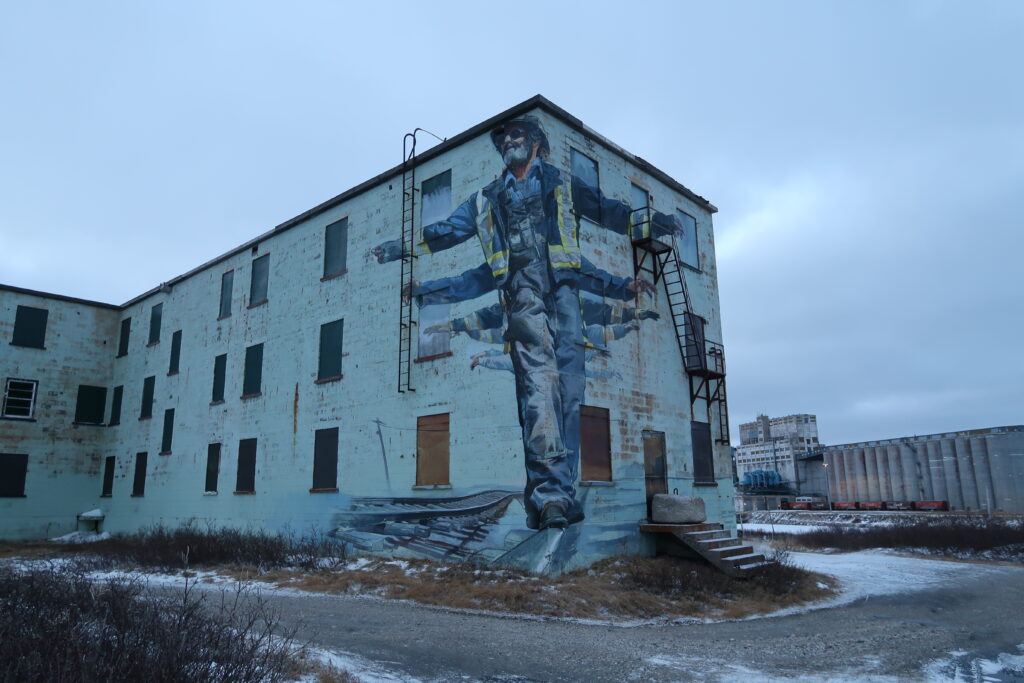Budka, P. (2023). Relational infrastructures: Transportation and sustainability in the Subarctic town of Churchill, Canada. Paper at Biennial Conference of the Finnish Anthropological Society, Rovaniemi, Finland: Arctic Centre, 21-23 March.
Abstract
This paper explores how transport infrastructures are interconnected and entangled in the Subarctic town of Churchill, Canada. In doing so, it looks into the creation and maintenance of these infrastructures as well as into the role that social, political, and economic relations play here. It furthermore examines how such infrastructural entanglements contribute to the sustainability of the town. Churchill is one of several field sites in the ERC project InfraNorth, which looks into the affordances of transport infrastructures on a pan-Arctic scale through an anthropological lens.
Churchill, a town of 870 people, is unique in terms of transport infrastructure. The town, which is not accessible via roads, is home to Canada’s only deep-water port on the Arctic Ocean. This is the only harbor in the American (Sub)Arctic with a direct link to the North American railway system. In addition, Churchill has a relatively big airport, which was originally built by the military and is now supporting in particular the growing tourism industry. The community of Churchill only exists because of these infrastructures and it has been changing together with them.
By discussing ethnographic and historical findings, this paper focuses on how this infrastructural entanglement becomes particularly visible in times of infrastructural breakdown and failure. When in 2017 a flooding washed-out the railway tracks and Churchill was without train connection for 18 months, the town and its inhabitants had to rely on air transportation and on a network of winter trails to transport goods and supplies. This has had severe consequences for this remote Subarctic town.

